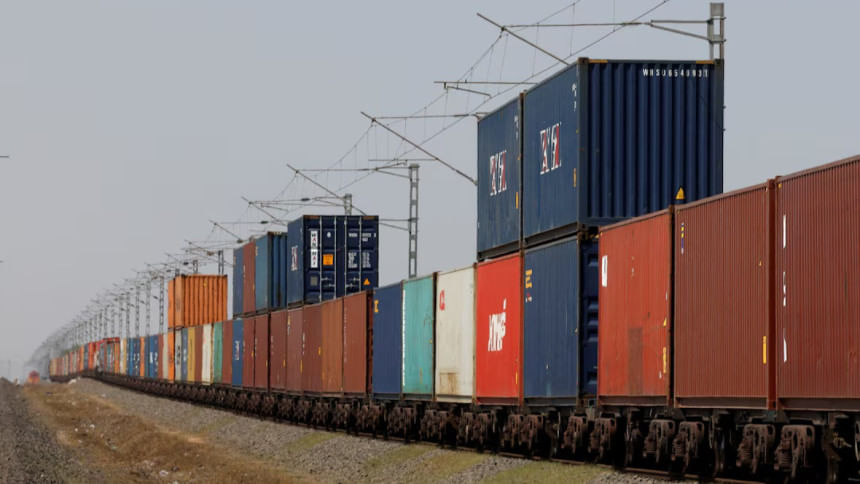Trump’s doubling of tariffs hits India

US President Donald Trump's doubling of tariffs on imports from India to as much as 50 percent took effect as scheduled yesterday, dealing a serious blow to ties between the two countries that became strategic partners after the turn of this century.
A punitive 25 percent tariff imposed due to India's purchases of Russian oil adds to Trump's prior 25 percent tariff on many imports from the South Asian nation and is expected to hurt growth in the world's fastest growing major economy.
India's trade ministry did not immediately respond to a request for comment. But an Indian government source said New Delhi hoped the US would review the extra 25 percent tariff, adding that the government plans steps to help cushion its impact.
The US move takes total duties to as high as 50 percent for goods such as garments, gems and jewellery, footwear, sporting goods, furniture and chemicals - among the highest imposed by the US and on par with Brazil.
The new tariffs also threaten thousands of small exporters and jobs, including in Prime Minister Narendra Modi's home state of Gujarat.
The Indian government source said the government is holding talks with exporters to increase shipments of textiles, leather, gems and jewellery to other countries, and is likely to provide financial assistance to affected businesses.
India's existing trade agreements with the UK, Australia, the United Arab Emirates and other European countries offer opportunities to boost Indian exports, particularly textiles, the source added.
Washington says India's purchase of Russian oil helps fund Moscow's war in Ukraine and that New Delhi also profits from it. India has rejected the accusation as double standards, pointing at US and European trade links with Russia.
Commenting on the punishing levy, India's junior Foreign Minister Kirti Vardhan Singh told reporters: "We are taking appropriate steps so that it does not harm our economy, and let me assure you that the strength of our economy will carry us through these times."
"Our concern is our energy security, and we will continue to purchase energy sources from whichever country benefits us."
There was no domestic market reaction to the move yesterday as bourses were closed for a Hindu festival but equity benchmarks logged their worst session in three months on Tuesday after a Washington notification confirmed the additional tariff.
The Indian rupee also continued its losing streak for a fifth consecutive session on Tuesday, ending at its lowest level in three weeks.
While the tariff disruption would be bruising, it may not be all gloom and doom for the world's fifth-largest economy if New Delhi can further reform its economy and become less protectionist while seeking to resolve the crisis with Washington, analysts said.
Indian officials say the average tariff on US imports is around 7.5 percent, while the US Trade Representative's office has highlighted rates of up to 100 percent on autos and an average applied tariff rate of 39 percent on US farm goods.

 For all latest news, follow The Daily Star's Google News channel.
For all latest news, follow The Daily Star's Google News channel. 



Comments